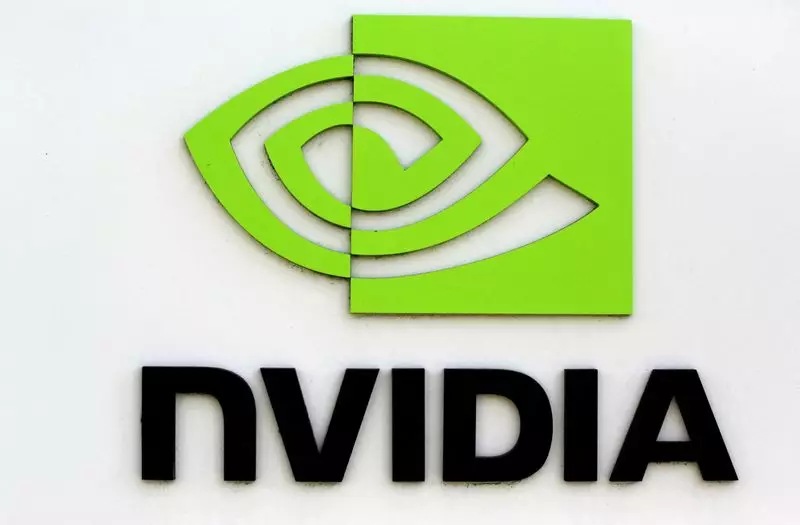Nvidia, a major player in the world of artificial intelligence, is facing a lawsuit from three authors who claim that the company used their copyrighted works without permission to train its NeMo AI platform. The authors, Brian Keene, Abdi Nazemian, and Stewart O’Nan, allege that their books were part of a dataset used to teach NeMo to generate written language. Nvidia has since taken down the dataset, citing copyright infringement.
The authors have filed a proposed class action lawsuit in San Francisco federal court, accusing Nvidia of infringing on their copyrights by using their works to train NeMo. They are seeking unspecified damages for individuals in the US whose copyrighted works were used to train NeMo’s language models over the past three years. The works mentioned in the lawsuit include Keene’s “Ghost Walk,” Nazemian’s “Like a Love Story,” and O’Nan’s “Last Night at the Lobster.”
This lawsuit is part of a larger trend of writers and companies taking legal action against AI platforms that generate content based on existing works. Nvidia’s NeMo is just one example of such technology, with OpenAI and Microsoft also facing lawsuits over similar platforms. Despite the legal challenges, the growth of AI has led to Nvidia becoming a favorite among investors, with its stock price skyrocketing in recent years.
Nvidia has declined to comment on the lawsuit, while lawyers for the authors have not provided additional statements. The case, Nazemian et al v Nvidia Corp, is ongoing in the US District Court for the Northern District of California. It remains to be seen how the court will rule on this matter and what implications it may have for the broader use of AI in creative industries.
The lawsuit against Nvidia highlights the complex legal issues surrounding the use of copyrighted works in AI training. As the technology continues to advance, it is crucial for companies to ensure that they are not infringing on the rights of content creators. The outcome of this case could have significant implications for the future of AI development and the protection of intellectual property rights.

